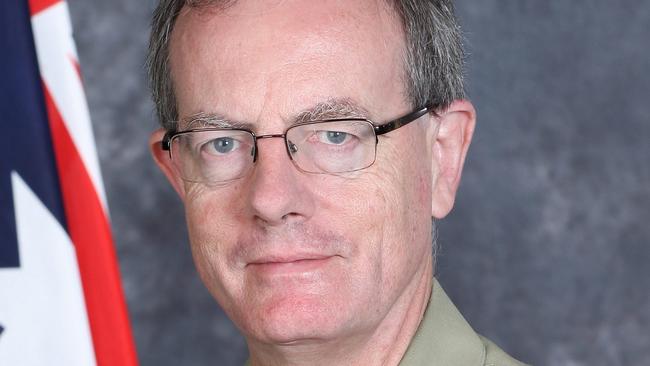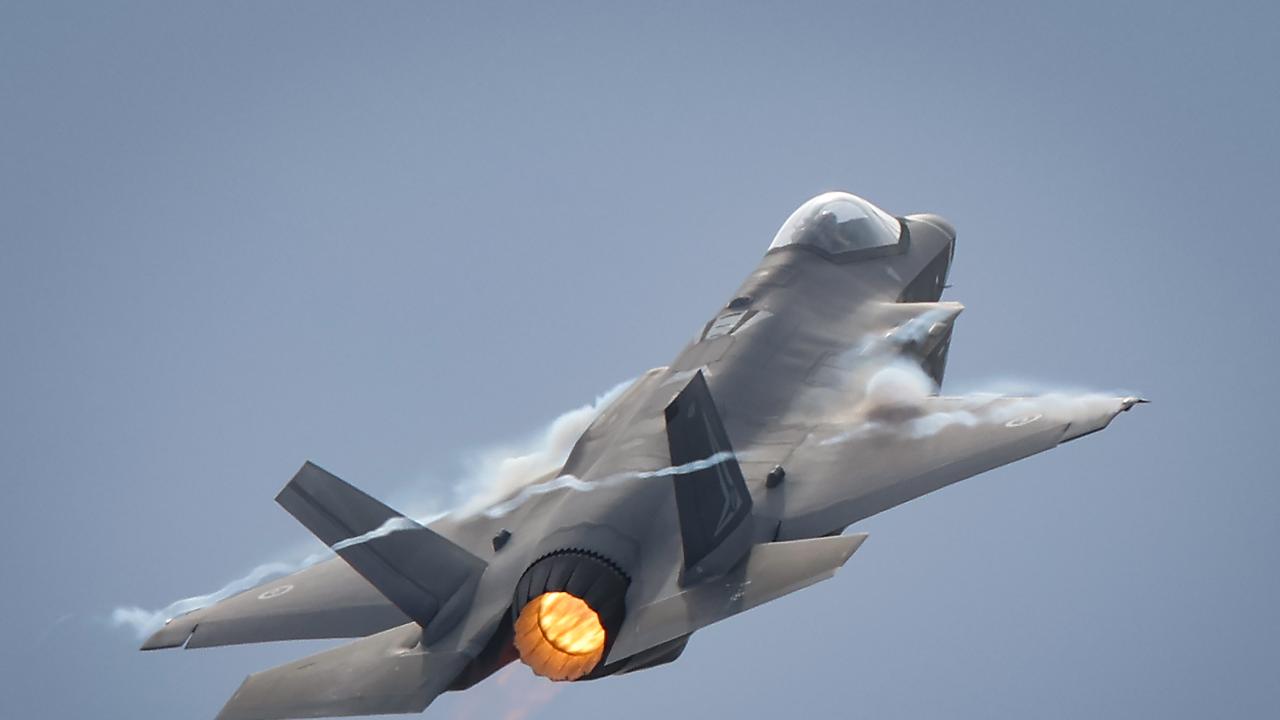Immunity could threaten ADF war crimes trials
Investigators fear high-level immunity provided to witnesses in the Brereton war crimes inquiry could taint cases against special forces veterans.

Investigators fear high-level immunity provided to witnesses in the Brereton war crimes inquiry could taint cases against special forces veterans, raising the prospect of mistrials and High Court challenges.
The Inspector General of the Australian Defence Force announced on Thursday that the inquiry into alleged breaches of the laws of war by Australian soldiers in Afghanistan was “in its final stages”.
All “potentially affected persons” — including, The Australian understands, war hero Ben Roberts-Smith — have been notified, the inspector general said.
It is understood the inquiry, by NSW Supreme Court judge Major General Paul Brereton, is focused on eight to 10 of the most serious alleged crimes identified in interviews with more than 330 witnesses, including alleged murders of unarmed civilians and prisoners by Special Air Service and Commando operators.
Intense discussions are now under way over the amount of evidence obtained by Justice Brereton that can be made public or passed to the Australian Federal Police without jeopardising future trials.
The inspector general, which has coercive questioning powers, offers an extraordinary level of immunity to witnesses known as “derivative use immunity”. It means prosecutors are unable to use “any information, document or thing obtained as a direct or indirect consequence” of evidence to the inspector general by a witness who is later charged.
Melbourne University Law School professor Jeremy Gans said enforcement agencies and prosecutors “hate derivative use immunity” because it posed a “much greater chance of mistrial”.
“(A prosecutor) can’t use your words, and they can’t use information that came as a consequence of that,” Professor Gans said.
“But that’s the tricky bit — determining what is a consequence of what they have learned from you, and separating that from the investigation.
“It gives (the defence) an argument that they would otherwise not have, that ‘You only got this piece of damning evidence against me because of the answer I gave to the earlier hearing’.”
Evidence to the corporate regulator attracted the same derivative use immunity until 1992, when it successfully lobbied the government for the protection to be removed because it made prosecutions too difficult.
Sources said the AFP would have to “go in cold” in its investigations, interviewing all necessary witnesses to build cases against alleged war criminals, including those in Afghanistan.
It is understood the AFP and Defence lawyers are meeting regularly to work through the difficulties, which are seen as serious but “not insurmountable”.
A Defence spokeswoman said Chief of the Defence Force Angus Campbell would decide what information was made available from the inspector general’s report.
Professor Gans said the application of the immunity was “fiendishly complex”, and largely untested in Australian courts.
“The law remains unresolved and this will be a high profile matter. That means there is a good chance this could end up in the High Court one way or another,” he said. If a prosecutor received information “it is always open for the defendant then to say, ‘This is an abuse of process, and this trial needs to stop forever’.
“Neither the prosecution nor the defence may even know where the information came from. But everyone will be thinking, ‘Could it be because of something my client said at one of these closed hearings?’.”
A court heard recently that AFP investigators told Mr Roberts-Smith they had “eyewitness accounts” implicating the Victoria Cross recipient in alleged war crimes in Afghanistan.
The former SAS corporal vehemently denies any wrongdoing, and is suing Nine Entertainment newspapers over allegations against him.



